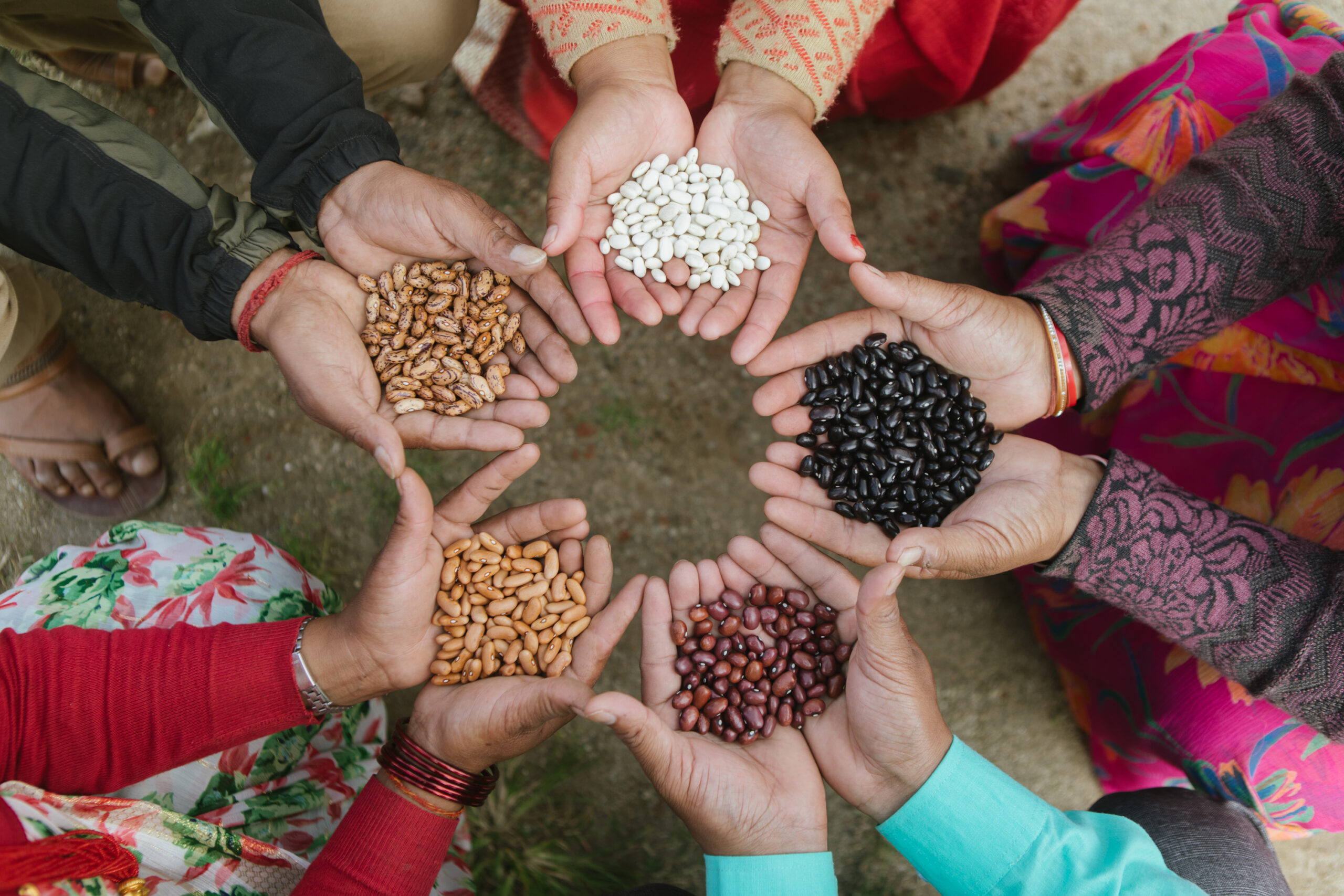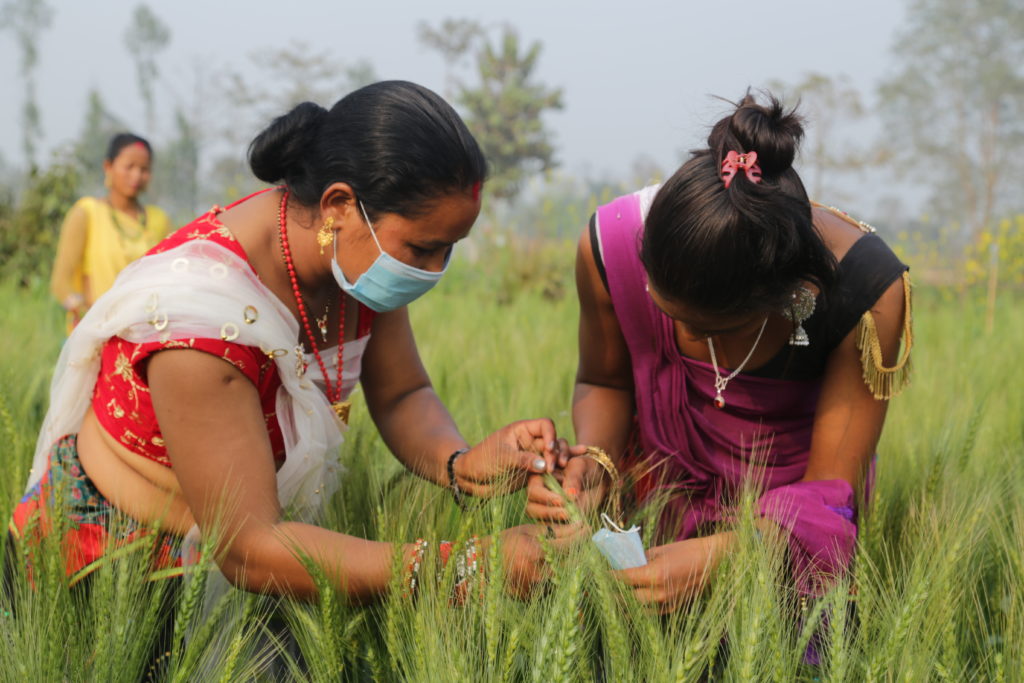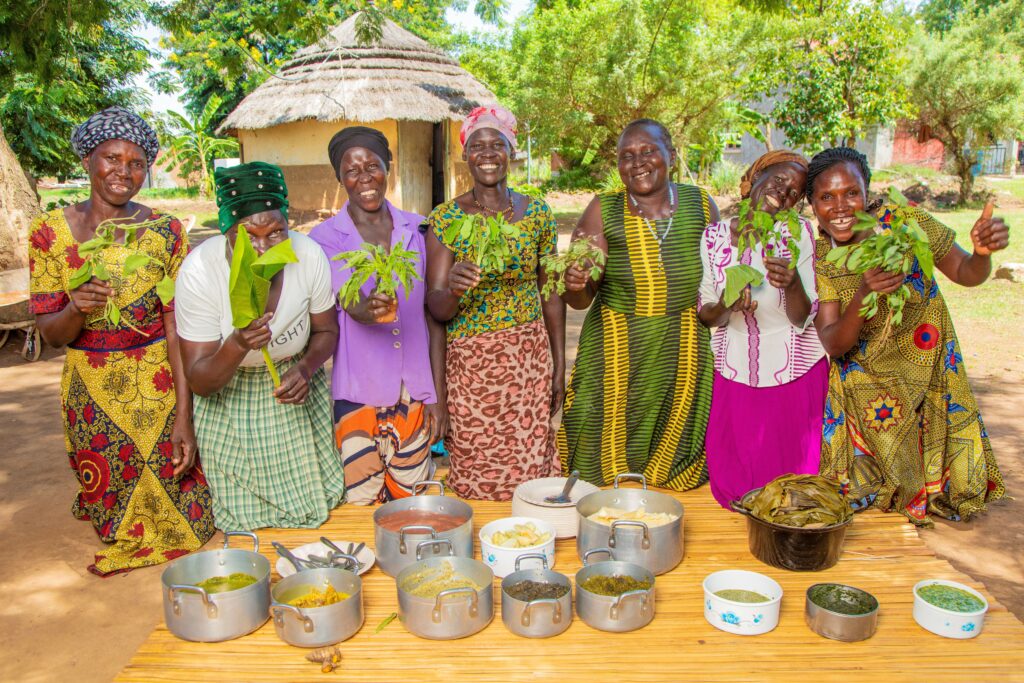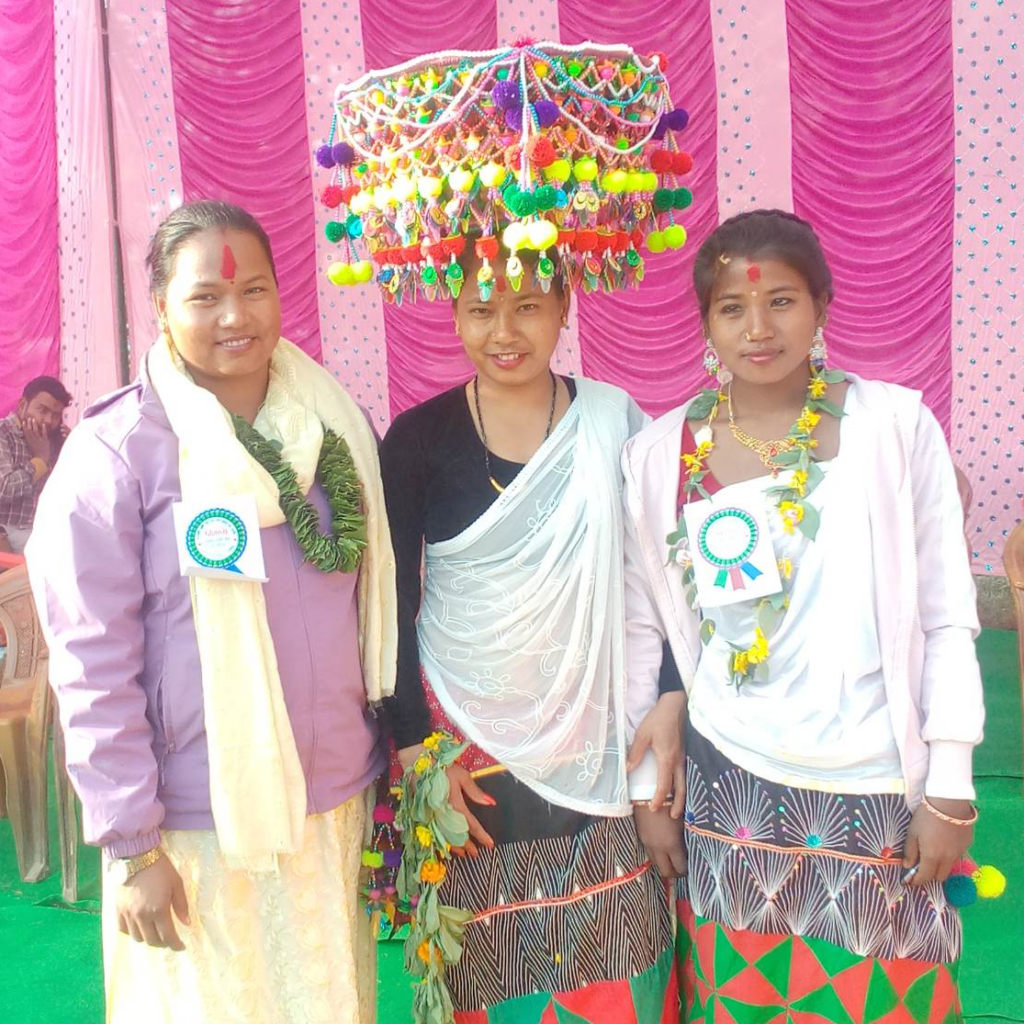Over the weekend of 21 and 22 January, seven colleagues arrived in the Netherlands to participate in a course titled “Smallholder engagement in Seed Systems” at Wageningen University. We extend them a very warm welcome!
The course was developed in a consortium with Wageningen University & Research, Norwegian University of Life Sciences, the Production Ecology & Resource Conservation and Oxfam Novib through the Sowing Diversity=Harvesting Security program.
Running from Sunday 22 January to Friday 27 January, the post graduate course sets out to bridge field practices to science using real-life cases in a mix of lectures and group work. The overall outcome of the course should contribute to a research and development practice agenda addressing research challenges and potential improvements to the cases studies. SD=HS colleagues are responsible to bring forth such cases, as ground for group work, to anchor the course into practice.
The participants from SD=HS are Anna Sofia Asingo from Community Integrated Development Initiatives (CIDI) of Uganda, Juliet Nangamba Luo and Joseph Mwitumwa from Community Technology Development Trust Zambia, Manata Jeko and John Tigere of Community Technology Development Trust Zimbabwe, K.C. Sahadev from the Agriculture and Forestry University in Nepal, and Yiching Song from the Chinese Farmers’ Seed Network.
In addition, the course organizers will hold a symposium on Thursday 26 January on Seed Systems of the Future with the aim of preserving the legacy of seed systems research and education at Wageningen University and Research.
An overview of the cases presented SD=HS colleagues:
Uganda case: Farmers’ efforts to produce high quality seeds to combat quality seed scarcity in the North-East of Uganda. The next step is to set up sustainable seed production.
Zambia case: Since 2019, we bridge the gap between farmers’ seed and seed markets by building capacity of farmers in seed production and marketing, facilitate links with the formal sector to access seeds, seed certification services and marketing. CTDT also lobbies for an enabling policy environment.
Nepal case: Jaiwik Bibidhta Farmers Seed Enterprise functions as a cooperative, members organize themselves and produce seeds which are branded, packaged and commercialized. Farmers run a Community Seed Bank to conserve local crop diversity. Next steps are releasing their own basmati rice variety and developing a one-stop-shop model.
China case: Working since 2013, the Farmers’ Seed Network has developed locally popular maize varieties, but also improved soy varieties so they are better adapted to ecological and organic farming conditions. The current challenges navigating the seed regulation and ecological certification.









